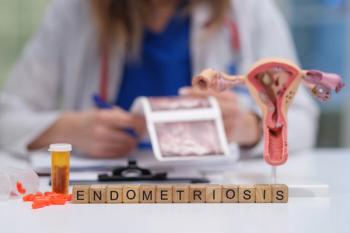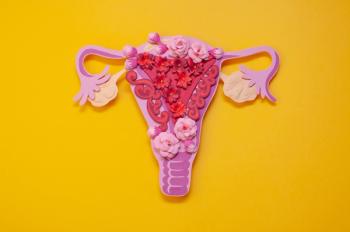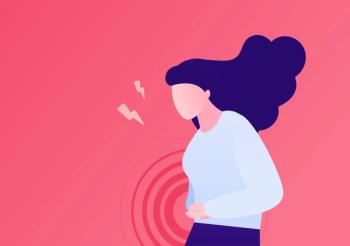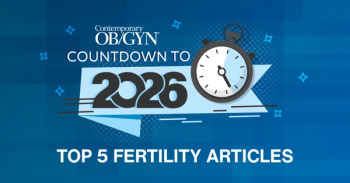
Connie Stark, RNC, PNC, provides fertility preservation insights for endometriosis patients
Discover how in vitro fertilization, egg freezing, and fertility coaching support women with endometriosis, as patient April Christina shares her journey and expert Connie Stark, RNC, PNC, provides essential guidance.
In a recent interview with Contemporary OB/GYN, endometriosis patient April Christina and expert Connie Stark, RNC, PNC, director of fertility coaching at Robyn, discussed in vitro fertilization (IVF), egg freezing, and embryo preservation, particularly in the context of endometriosis and fertility challenges.
April Christina shared her personal journey with IVF, highlighting the difficulties she faced, especially during the pandemic. She explained how the uncertainty surrounding fertility treatments during that time forced her to delay her first cycle. Once she was able to proceed, the process involved strict COVID-19 protocols, including mandatory testing. Unfortunately, her first IVF cycle was unsuccessful, prompting her to pursue a second attempt.
She explained that she chose not to freeze her eggs due to her low Anti-Müllerian Hormone levels, which indicated a reduced ovarian reserve. Instead of spending time on egg freezing without guaranteed results, she decided to go straight to IVF in order to create viable embryos. Given her diagnosis of stage 4 endometriosis, she decided against intrauterine insemination, as she wanted a more direct and aggressive approach to family planning. April Christina emphasized that making these decisions was challenging, but consulting with her medical team, support network, and fertility coach helped her feel more confident.
Stark provided insights into the role of personalized support for women undergoing fertility treatments, particularly those with endometriosis. She explained that endometriosis can impact fertility in various ways, including inflammation, scarring, and hormonal imbalances, which impact ovulation and implantation. She also highlighted the importance of early intervention and egg freezing as an option for women diagnosed with endometriosis before they face fertility struggles.
April Christina agreed that the volume of information presented in fertility clinics can be overwhelming. While family and friends offer emotional support, having a
Stark reinforced the significance of fertility coaching, emphasizing that coaches offer emotional and informational support, filling gaps between medical guidance and personal experiences. She acknowledged that endometriosis impacts not only reproductive health, but every aspect of a person’s life. By helping patients navigate fertility treatments, providing credible resources, and offering emotional support, fertility coaches play a crucial role in empowering individuals throughout their journey.
This video is part 3 of a 3-part series. Click
Newsletter
Get the latest clinical updates, case studies, and expert commentary in obstetric and gynecologic care. Sign up now to stay informed.









